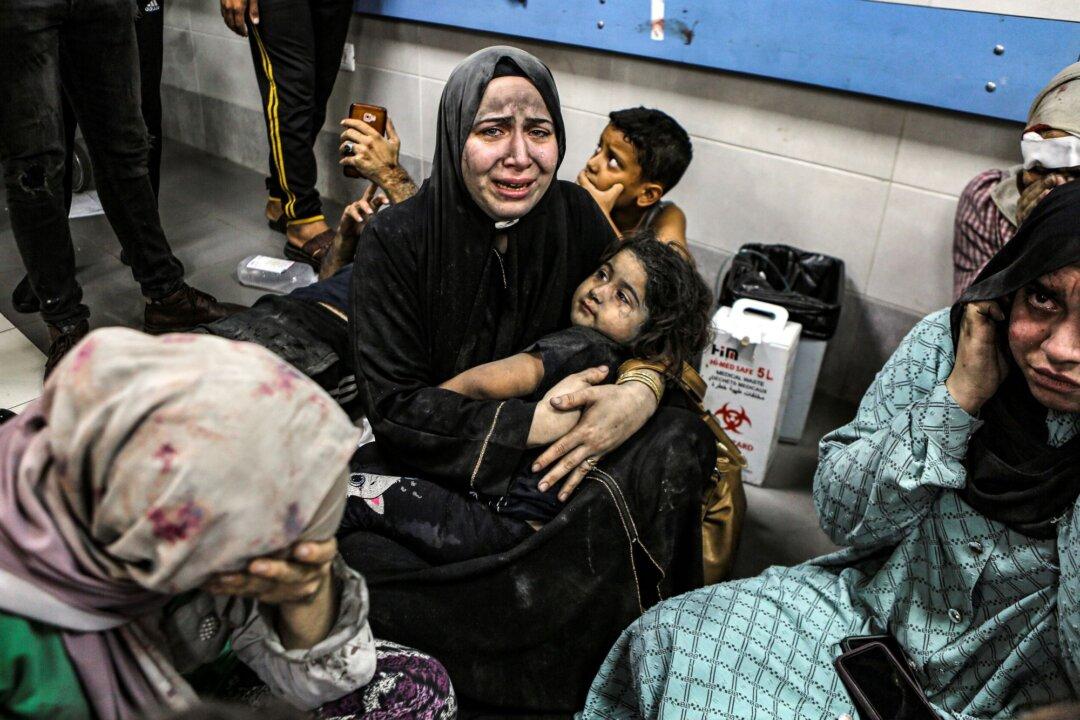JOHANNESBURG—South African President Cyril Ramaphosa has declared that his office is willing to participate in any internationally driven process to mediate an end to the violence in the Middle East, saying he’s “gravely concerned at the devastating escalation in the Israeli–Palestinian conflict and the atrocities committed against civilian populations.”
Clayson Monyela, the deputy director-general for diplomacy, said South Africa “stands ready to share its experience in mediation and conflict resolution as it has done on the continent and around the world.”





